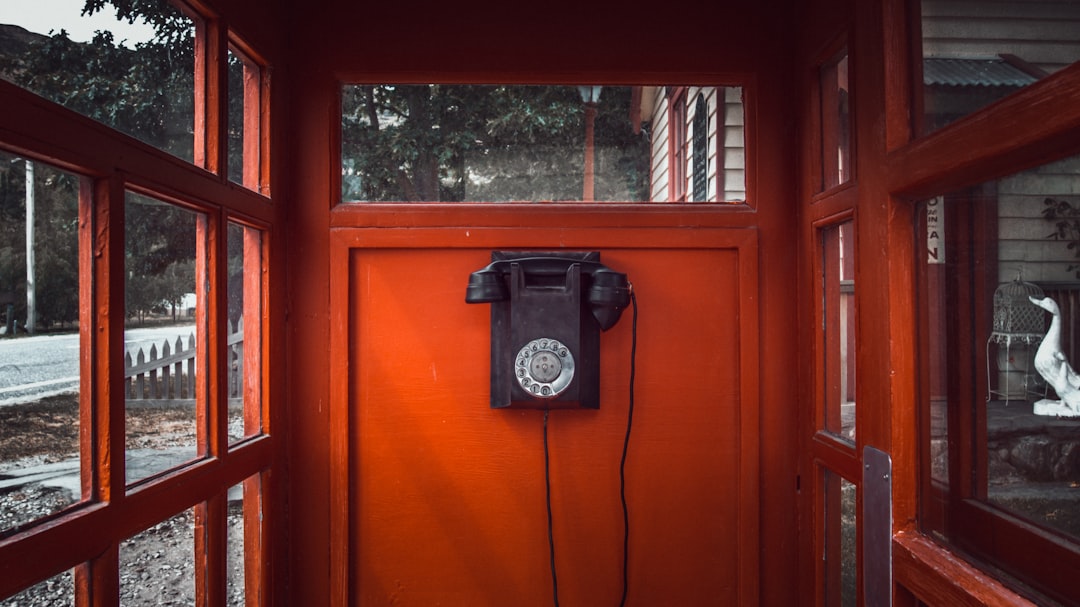The Telephone Consumer Protection Act (TCPA) in Philadelphia aims to combat intrusive spam calls by restricting automated messages and requiring explicit consent. Local courts have seen a surge in TCPA litigation due to the rising trend of nuisance calls. Spam call law firms Philadelphia specialize in holding telemarketers accountable through legal action. Call recordings are essential tools for compliance and evidence, ensuring just outcomes. Navigating TCPA regulations involves understanding local rules, recognizing valid consent, proper call tracking, and meticulous record-keeping. Law firms must adhere to these guidelines to avoid lawsuits and foster a compliant business environment.
In the dynamic legal landscape of Philadelphia, understanding the Telephone Consumer Protection Act (TCPA) and its impact on local businesses is paramount. This article explores the surge in spam calls and the ensuing legal challenges, with a focus on how call recording serves as both a compliance tool and crucial evidence in TCPA litigation. We delve into navigating Philadelphia’s courts, offer strategies to protect your firm from lawsuits, and emphasize the importance of proactive measures for Philadelphia-based law firms dealing with spam call issues.
Understanding TCPA and Its Impact on Philadelphia Businesses

The Telephone Consumer Protection Act (TCPA) is a federal law designed to protect consumers from intrusive and unwanted phone calls, specifically those considered as spam. This legislation has had a significant impact on businesses in Philadelphia, particularly call recording and telemarketing firms. The TCPA restricts the practices of automated or prerecorded calls, requiring explicit consent from recipients. Any violation can lead to substantial legal consequences for companies operating within Philadelphia’s jurisdiction.
Philadelphia courts have been actively involved in TCPA litigation, with numerous cases stemming from alleged violations of this spam call law. Businesses must navigate a strict set of guidelines to avoid potential lawsuits and hefty penalties. Understanding the reach of the TCPA is crucial for companies aiming to comply and protect themselves from legal repercussions. Call recording practices, when not conducted ethically, can result in class-action suits, emphasizing the need for businesses to stay informed about their rights and obligations under this consumer protection act.
The Rise of Spam Calls and Their Legal Ramifications

In recent years, the landscape of telecommunications has been marred by an increasing trend—spam calls. These unsolicited and often nuisance phone calls have become a persistent problem for consumers across the country, including Philadelphia. As technology advances, so do the tactics of telemarketers and scammers, making it more challenging for individuals to escape these relentless calls. This surge in spam calls has not only affected residents but also prompted a significant rise in TCPA (Telephone Consumer Protection Act) litigation in Philadelphia courts.
The TCPA is a federal law designed to curb abusive phone marketing practices and protect consumers from unwanted contact. Spam call law firms in Philadelphia have seen a boost in cases due to the growing number of individuals taking legal action against persistent and harassing calls. These lawsuits aim to hold telemarketers accountable and provide relief to those affected by their unethical practices. With the ease of automated dialing systems, spam callers can quickly target large groups, making it crucial for law firms specializing in TCPA litigation to stay vigilant and assist victims in navigating these legal complexities.
Call Recording: A Tool for Compliance and Litigation Support

Call recording has emerged as a powerful tool in the legal landscape, particularly in the context of the Telephone Consumer Protection Act (TCPA) and spam call litigation in Philadelphia courts. It plays a dual role of ensuring compliance with legal requirements and serving as robust evidence during legal proceedings. By capturing conversations between businesses and consumers, these recordings can provide irrefutable proof of consent or lack thereof, which is a critical aspect when navigating the TCPA’s strict regulations on automated calls and text messages.
In Philadelphia, where many law firms specialize in TCPA cases, call recordings are invaluable assets. They help legal professionals build strong arguments and demonstrate whether a company has adhered to the law or engaged in unauthorized spamming activities. With these recordings, firms can effectively challenge or validate client claims, ensuring just outcomes in line with the TCPA’s provisions.
Navigating TCPA Litigation in Philadelphia Courts

Navigating TCPA litigation in Philadelphia courts requires a deep understanding of the region’s legal landscape and the stringent regulations surrounding spam calls. The Telephone Consumer Protection Act (TCPA) is a federal law designed to curb excessive phone marketing, ensuring consumers’ privacy and autonomy. In Philadelphia, compliance with this legislation is paramount for businesses and call recording firms alike.
When facing TCPA-related lawsuits in Philadelphia, legal professionals must familiarize themselves with the specific requirements and penalties outlined by local courts. This includes recognizing valid consent, proper call tracking practices, and accurate documentation of consumer opt-out requests. A keen awareness of these aspects can significantly mitigate risks for spam call law firms operating within the city, fostering a more robust and compliant business environment.
Protecting Your Firm: Strategies to Avoid TCPA Lawsuits

Protecting your firm from TCPA lawsuits is paramount, especially in a city like Philadelphia where legal landscapes are intricate and consumer rights are strictly enforced. One of the primary strategies to avoid such litigation is to ensure strict compliance with the Telephone Consumer Protection Act (TCPA). This federal law prohibits unsolicited phone marketing calls, including spam calls, to consumers without their prior express consent.
Implementing robust do-not-call practices, obtaining explicit permission before dialing, and maintaining comprehensive records of customer interactions are effective measures. Additionally, training your staff on TCPA regulations and the importance of responsible call recording can significantly reduce the risk of lawsuits. Remember that Philadelphia’s courts take such violations seriously, so staying proactive in protecting your firm is key to steering clear of legal complications related to spam calls.






